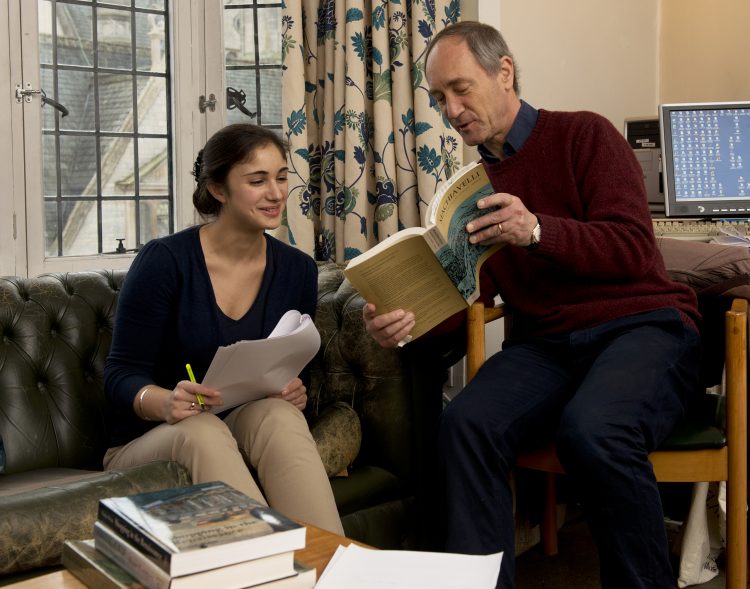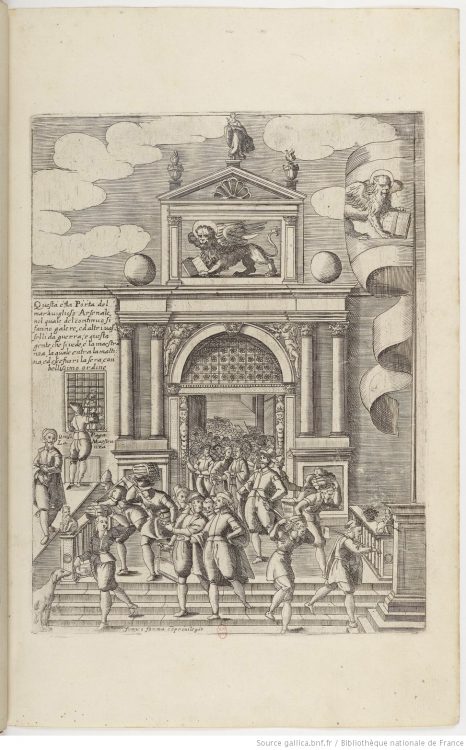Professor Filippo de Vivo
Professor of Early Modern History and River Farm Foundation Tutorial Fellow in History
Filippo de Vivo studied in Milan, Cambridge and Paris, and worked for eighteen years at Birkbeck before joining Teddy Hall in October 2021. He teaches early modern European and world history, with special emphasis on Italy and the Mediterranean.
Filippo’s research focuses on the Republic of Venice, Italy and the Mediterranean. He studies the interaction of communication and politics widely conceived – so widely, indeed, that his work seeks to rethink the very concept of who acted politically, how and why. His interests ranges from the uses of rhetoric to the circulation of manuscripts, news-leaking, book-printing and record-making, the physical spaces for the exchange of ideas and information: piazzas, pharmacies and barbershops, as reconstructed through spies’ reports. He is interested in thick reconstruction of local culture, for example on the history of walking in Renaissance Venice, as well as in the transnational circulation of ideas and information across the Mediterranean and beyond, between Italy and England. In 2012-16 he conducted a large team project supported by the European Research Council on the comparative history of late medieval and early modern Italian archives, and he continues to be interested in questions of archival construction and suppression. He has written on historiography and methodology, particularly the uses of microhistory. He is currently completing a critical edition of Thomas Hobbes’ translation of the letters by Fulgenzio Micanzio (1570-1654), Venetian friar and government advisor to the Venetian Republic, to Hobbes’ patron William Cavendish, second Earl of Devonshire. The letters will appear in a volume co-edited with Sir Noel Malcolm, of the Clarendon edition of the works of Hobbes.
Filippo’s research has been supported by a one-year exchange grant at the Ecole Normale Supérieure, Paris, a Junior Research Fellowship at Trinity College, Cambridge, a Philip Leverhulme Prize, and a fellowship at the Harvard Center for Italian Renaissance Studies at Villa I Tatti as well as the ERC.
Filippo is the author of some fifty scholarly publications in five languages. His principal publications are:
Information and Communication in Venice: Rethinking Early Modern Politics (Oxford: Oxford University Press 2007).
Exploring Cultural History: Essays in honour of Peter Burke (Aldershot: Ashgate, 2010), ed. with Melissa Calaresu and Joan-Pau Rubiés.
“Prospect or Refuge? Microhistory, History on the Large Scale: A Response”, Cultural and Social History 7 (2010): 387-97.
Patrizi, informatori, barbieri. Politica e comunicazione a Venezia tra Cinque e Seicento (Milan: Giangiacomo Feltrinelli Editore, 2012).
“Public Sphere or Communication Triangle? Information and Politics in Early Modern Europe”, in Massimo Rospocher (ed.), Beyond the Public Sphere. Opinions, Publics, Spaces in Early Modern Europe, Annali dell’Istituto storico italo-germanico in Trento (Bologna and Berlin: Il Mulino and Duncker & Humblot, 2012): 115-36. Also translated into Italian and Polish.
“Coeur de l’Etat, lieu de tension. Le tournant archivistique vu de Venise (XVe-XVIIe siècle)”, Annales. Histoire, Sciences Sociales, 68 (2013), pp. 699-728, also translated into English and Italian.
“Crossroads Region: The Mediterranean”, in Jerry H. Bentley, Sanjay Subrahmanyam and Merry Wiesner-Hanks, eds., The Cambridge History of the World (Cambridge: Cambridge University Press, 2015), v. 6 The Early Modern World, pp. 415-44.
Archival Transformations in Early Modern Europe, special issue of European History Quarterly, 46 (2016), ed. with A. Guidi and A. Silvestri.
Fonti per la storia degli archivi degli antichi Stati italiani (Rome: Ministero dei beni, delle attività culturali e del turismo, Direzione Generale per gli Archivi, 2016) ed. with Andrea Guidi and Alessandro Silvestri.
Shared Spaces and Knowledge Transactions in the Italian Renaissance City, special issue of I Tatti Studies in the Italian Renaissance, 19 (2016), ed. with Roisin Cossar and Christina Neilson.
La guerra dei Trent’Anni e l’informazione, special issue of Rivista storica italiana, 130.3 (2018), co-edited with Maria Antonietta Visceglia, including joint introduction.
“Archival intelligence: diplomatic correspondence, information overload and information management in Italy, 1450-1650”, Archives and Information in the Early Modern World, ed. Liesbeth Corens, Kate Peters, Alex Walsham, Proceedings of the British Academy (Oxford: Oxford University Press; 2018): 53-85.
“Making sense of the news: Micanzio’s letters, Cavendish, Bacon, and the Thirty Years’ War”, in Paula Findlen and Suzanne Sutherland, eds., The Renaissance of Letters: Knowledge and Community in Italy, 1300-1650 (London and New York: Routledge, 2020), pp. 293-317.
“Microhistories of Long-Distance Information: Space, Movement and Agency in the Early Modern News”, Past and Present 242, Supplement 14, “Global History and Microhistory”, ed. J-P. Ghobrial (2019): 179-214.
Where next?



Professor Filippo de Vivo
- Professor of Early Modern History and River Farm Foundation Tutorial Fellow in History
- Governing Body Fellow